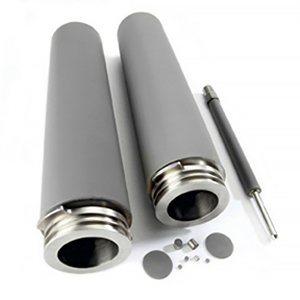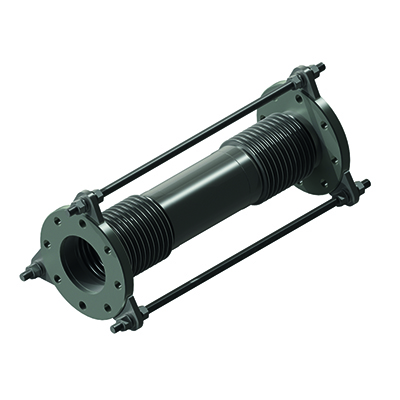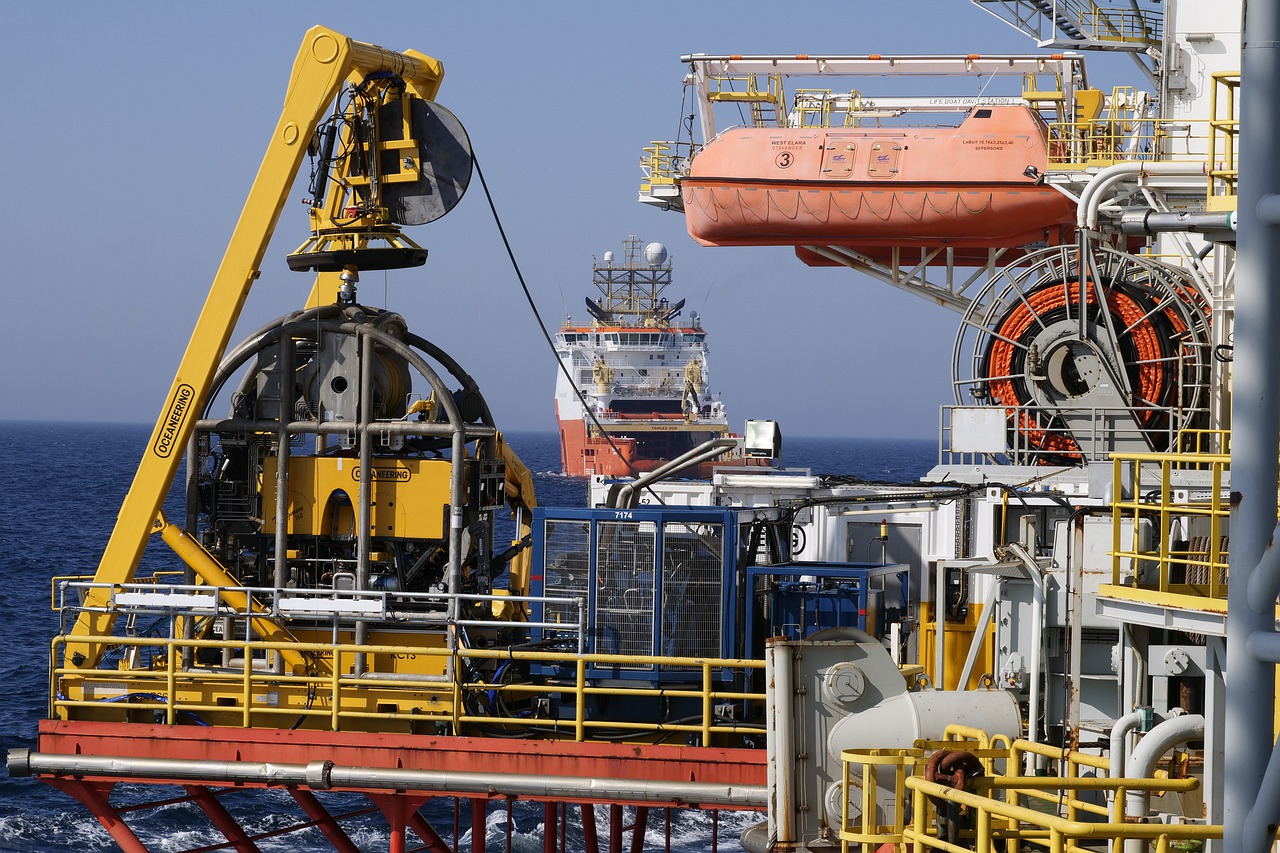Hydrogen (H2)
Ons aanbod
Hydrogen will play a very important role for a sustainable future. Not only for direct use in, for example, transport and energy, a but also as raw material for the production of ammonia (NH3). It is a hot topic of both academic studies and public discourse, but what exactly is hydrogen? How can BÈTA industrie support in the production and transport of hydrogen?

What is hydrogen?
Hydrogen is an odorless, tasteless and colorless gas that does not occur naturally on Earth. To utilize hydrogen, it must first be produced. Hydrogen is an energy carrier and energy is needed to produce it. A percentage of that energy is assimilated, after which the hydrogen can become very energy dense, more so than any other substance.The production of hydrogen
Hydrogen can be produced in different ways, which are classified under a color code. This color offers information on the type of resources and energy with which the hydrogen is produced.Gray hydrogen
The cheapest and most simple way to produce hydrogen is gray hydrogen, although this version is not sustainable. Gray hydrogen is made from fossil fuels, such as natural gas or coal, which release carbon dioxide (CO2) into the air. Currently, gray hydrogen is the most commonly used way of producing hydrogen in the Netherlands.Blue hydrogen
When carbon dioxide (CO2) is stored or used in the production of hydrogen, it is called blue hydrogen. Because the carbon dioxide (CO2) does not end up in the air, it does not contribute to global warming. In practice, however, it appears that about 10 percent of the carbon dioxide (CO2) still ends up in the air. Blue hydrogen is at its core gray hydrogen, because natural gas is currently still used for production. Because a large part of the carbon dioxide (CO2) is stored, it is an intermediate solution, but not ideal for the long term.Green hydrogen
As the name suggests, the production of green hydrogen is the most sustainable. The energy needed is renewable, often wind or solar. By subsequently putting water (H2O) under current by means of electrolysis, the molecules split. This creates oxygen (O2) and hydrogen gas (H2) and no carbon dioxide (CO2) is released. The cost of producing green hydrogen is currently higher than producing gray hydrogen. Nevertheless, green hydrogen is already being produced on a small scale in the Netherlands, with energy generated from solar panels. In the Netherlands, we depend on the weather to generate sufficient sustainable energy, which is why we look at imports from, for example, the Middle East and North Africa.Future of hydrogen
In the Netherlands, we aim to have a sustainable energy and raw material system with hydrogen as an energy carrier by 2050. In order to realize this, various projects have already been started, such as in the port of Rotterdam. There are various options for transporting hydrogen, this can be done in special pressure-protective cylinders, liquid by lowering the temperature to -252.87°C or by converting hydrogen into, for example, ammonia (NH3). The most potential is seen in the latter method, for importing and transporting green ammonia (NH3) as a hydrogen carrier. The port of Rotterdam is currently preparing for the import and transport of green ammonia (NH3) by building an ammonia import terminal. There is sufficient space on the site for an installation where the ammonia (NH3) can be converted into hydrogen (H2). In the future, this installation will be connected to the national hydrogen network.BÈTA industrie and hydrogen
Hydrogen production involves many challenges in the field of filtration. Gray and blue hydrogen use high temperature steam reforming, while electrolysis involves highly basic or acidic materials and is prone to oxidation. In both cases, very clean gas/liquid flows must be achieved. The electrolysis stacks are protected by using fine membrane filters. Resistant filters keep the catalyst clean and high quality coalescer filters remove the liquid residues to keep the hydrogen pure. A very wide selection of materials is available and the requirements of hydrogen are always taken into account. Special filter housings and metal filters are also available to keep the extremely high temperature gas streams clean and protect the equipment. BÈTA industrie can provide filters and filter housings for the generation, transport and use of all product flows in the hydrogen chain. BÈTA industrie also continues to actively monitor new developments in order to offer tailor-made filtration solutions.Contact
For more information and tailored advice, please contact us by telephone on 079 – 341 55 18 or by e-mail via the uderstood button: Neem contact op
Uw BÈTA specialist adviseert u graag
- Disclaimer
- Sitemap
- Links
- © BÈTA industrie 2025. Alle rechten voorbehouden.






